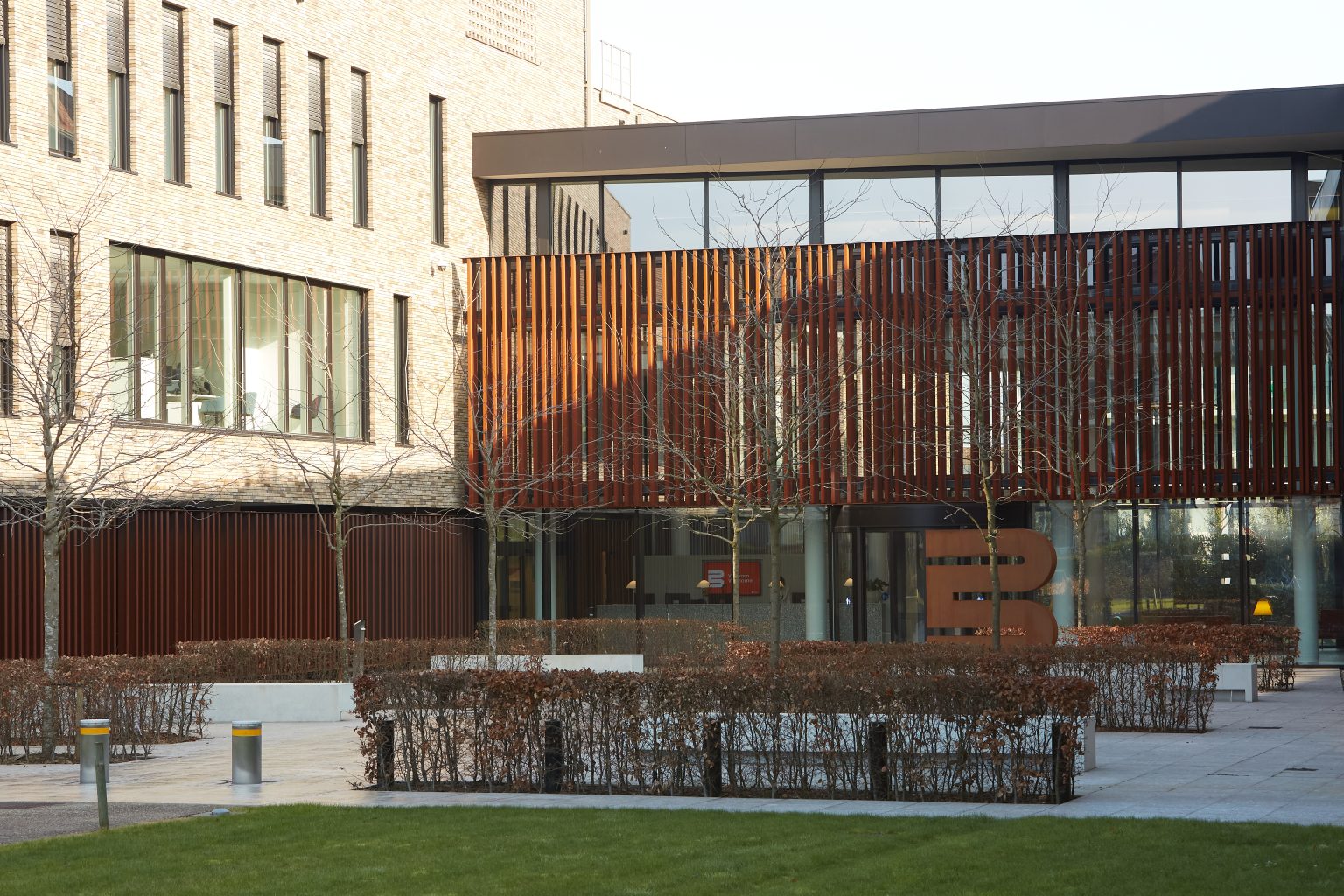Belgium-based steel wire and coating specialist Bekaert plans to halt production of electrolyzer components at its Bekintex facility in Wetteren, citing weaker-than-anticipated development of the green hydrogen market.
The decision, disclosed to the site’s special works council earlier today, will directly affect 24 employees and underscores the growing mismatch between hydrogen industry expectations and near-term market demand.
The move reflects broader sectoral headwinds: despite ambitious policy targets across Europe, investment in commercial-scale green hydrogen projects has lagged behind projections. According to Bekaert, market demand for electrolyzer components remains subdued, with the expected recovery now projected to occur later than previously forecast. The company’s statement frames the production pause as a pragmatic response to “economic reality,” emphasizing that green hydrogen continues to be part of its long-term growth strategy.
While the company will cease component manufacturing at Wetteren “for the foreseeable future,” it intends to retain both the facility and its specialized equipment. Bekaert described this as a “modular approach,” allowing for rapid operational ramp-up once market conditions improve. This strategic flexibility mirrors similar approaches adopted by other industrial suppliers caught in the current hydrogen slowdown — maintaining readiness while minimizing sunk costs.
The decision comes as Europe’s electrolyzer supply chain faces pressure from delayed project final investment decisions (FIDs), high capital costs, and slower subsidy rollouts. Industry analysts note that while electrolyzer manufacturers and component suppliers expanded capacity in anticipation of large-scale demand, many hydrogen projects remain stalled in permitting or financing stages. The European Hydrogen Bank’s first auction round attracted only 720 MW of bids out of the 800 MW available, signaling investor caution despite growing political backing.
According to a Bekaert spokesperson, the company maintains additional production capacity for electrolyzer components in Japan and China, ensuring continuity of supply despite the temporary halt in Wetteren. Bekaert has over two decades of experience manufacturing PEM porous transport layers (PTLs) in Japan, with a capacity of 0.2 GW, and since 2023 has operated a 1 GW facility in China. The Wetteren site, which opened the same year, doubled the company’s global PTL capacity to 2 GW.
“For the majority of our customers, there will be no change or impact,” the spokesperson said. “Most of our customers have been supplied from our hydrogen facility China in the past and our customers have qualified this plant. This facility can absorb all customer demand and will remain as a proven reliable global supplier of our PTL Currento. Additionally, our Asian plants can immediately scale up when customer demand picks up.”
Furthermore, Bekaert’s Innovation Hub for Hydrogen in Deerlijk remains fully operational and will continue research and development activities for next-generation components. This retention of R&D capacity suggests the company’s intent to preserve technical leadership and maintain its foothold in future market cycles. Bekaert’s hydrogen materials portfolio—focused on porous transport layers and coatings for electrolysis systems—has been positioned as a key enabler for system efficiency improvements, but short-term commercial traction has been limited by slow downstream adoption.
Employee impact mitigation remains a priority, with Bekaert stating that it will explore relocation opportunities within its other Belgian plants. The company will initiate consultations with labor representatives under the Renault Law framework, which governs large-scale restructuring procedures in Belgium.
Stay updated on the latest in energy! Follow us on LinkedIn, Facebook, and X for real-time news and insights. Don’t miss out on exclusive interviews and webinars—subscribe to our YouTube channel today! Join our community and be part of the conversation shaping the future of energy.
